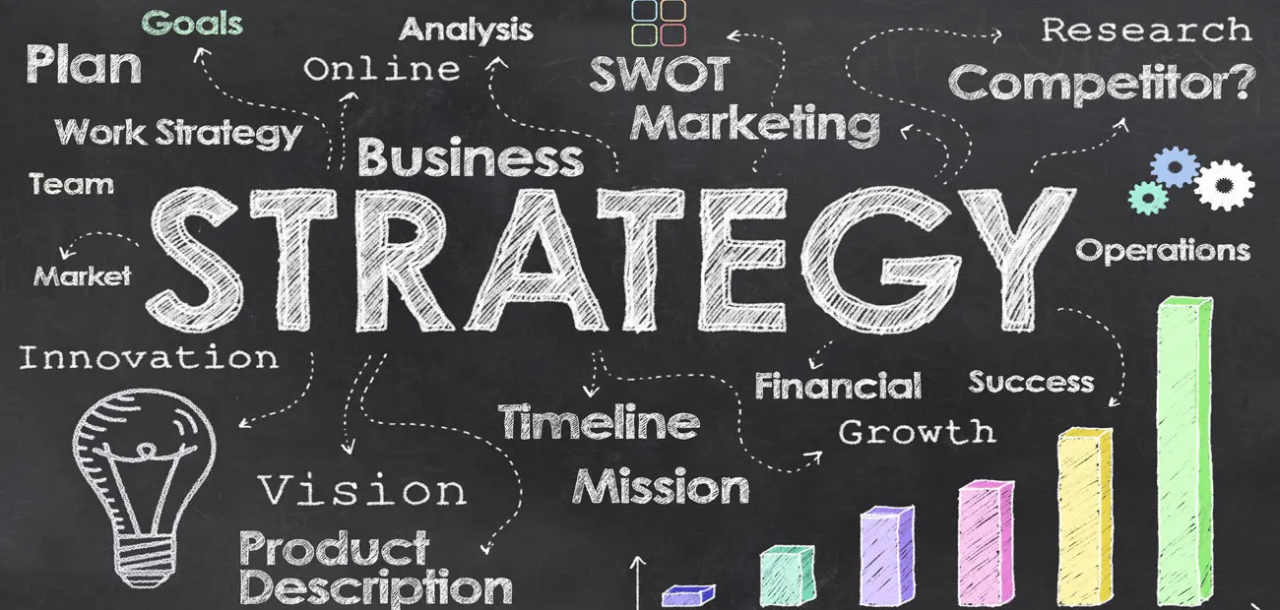Introduction
In today’s highly competitive business landscape, having a well-defined marketing strategy is essential for any company looking to thrive. A marketing strategist plays a crucial role in this process, ensuring that businesses not only reach their target audience but also engage them effectively. From market research to campaign execution, a marketing strategist is responsible for developing, implementing, and optimizing strategies that drive brand awareness, customer engagement, and revenue growth.
Who is a Marketing Strategist?
A marketing strategist is a professional who specializes in planning and executing marketing initiatives tailored to a company’s goals. Unlike a general marketer, a marketing strategist takes a data-driven approach, analyzing market trends, consumer behavior, and competitive landscapes to formulate successful marketing plans. Their work encompasses a variety of aspects, including digital marketing, content strategy, brand positioning, and campaign management.
Key Responsibilities of a Marketing Strategist
1. Market Research and Analysis
Understanding the market is the foundation of any successful marketing plan. A marketing strategist conducts in-depth research to identify trends, customer preferences, and competitors’ strategies. This analysis helps in making informed decisions that align with business goals.
2. Developing a Marketing Plan
Based on research, a marketing strategist crafts a comprehensive marketing plan that includes brand messaging, target audience segmentation, and the selection of appropriate marketing channels.
3. Content Strategy and Branding
Creating compelling content is at the heart of modern marketing. A marketing strategist ensures that all content aligns with the brand’s voice and resonates with the audience. They oversee blog posts, social media content, email campaigns, and video marketing strategies.
4. Digital Marketing and SEO
With the increasing dominance of digital marketing, a marketing strategist must be proficient in SEO (Search Engine Optimization), PPC (Pay-Per-Click), and social media advertising. Optimizing online presence through keyword research, backlink strategies, and high-quality content is a major part of their role.
5. Campaign Management and Execution
A marketing strategist designs and oversees marketing campaigns to ensure they are effective. This involves setting clear objectives, measuring performance, and making adjustments to improve results.
6. Data Analytics and Performance Measurement
Marketing is not just about creativity; it is also about measuring results. A marketing strategist uses tools like Google Analytics, social media insights, and CRM software to analyze performance metrics and optimize future strategies.
7. Budgeting and Resource Allocation
Efficient use of resources is vital in marketing. A marketing strategist ensures that the marketing budget is allocated wisely across various channels to maximize ROI (Return on Investment).
Why is a Marketing Strategist Essential for Businesses?
1. Helps in Achieving Business Goals
A well-planned marketing strategy aligns with business objectives and helps in achieving long-term success. A marketing strategist ensures that every marketing effort contributes to the company’s growth.
2. Enhances Brand Awareness and Visibility
In a crowded market, standing out is essential. A marketing strategist helps businesses build a strong brand presence through effective marketing campaigns.
3. Improves Customer Engagement and Retention
Engaging customers is key to building lasting relationships. A marketing strategist develops personalized marketing strategies that enhance customer experiences and increase loyalty.
4. Keeps Businesses Competitive
The market is constantly evolving, and businesses must adapt to stay ahead. A marketing strategist monitors industry trends and adjusts strategies accordingly to maintain a competitive edge.
5. Increases Revenue and ROI
With data-driven marketing strategies, businesses can maximize their marketing spend and achieve higher ROI. A marketing strategist ensures that resources are used efficiently to generate maximum profits.
Skills Required to Be a Successful Marketing Strategist
To excel as a marketing strategist, professionals need a blend of creative and analytical skills. Here are some key skills required:
- Analytical Thinking: Ability to interpret market data and consumer behavior trends.
- Creativity: Developing innovative marketing ideas to capture audience attention.
- SEO & Digital Marketing Skills: Knowledge of search engine algorithms, PPC, social media marketing, and content optimization.
- Communication Skills: Crafting compelling messages and effectively conveying brand values.
- Project Management: Overseeing multiple campaigns simultaneously and ensuring timely execution.
- Data Analysis & Reporting: Utilizing tools like Google Analytics and CRM software to track and optimize marketing efforts.
How to Become a Marketing Strategist?
Becoming a marketing strategist requires education, experience, and continuous learning. Here’s a step-by-step guide:
1. Obtain a Relevant Education
A degree in marketing, business administration, communications, or a related field is beneficial. Many successful marketing strategists also pursue certifications in digital marketing and analytics.
2. Gain Practical Experience
Internships, freelance projects, and working in marketing roles help in developing hands-on experience in various aspects of marketing strategy.
3. Learn Digital Marketing Tools
Familiarity with marketing automation tools, social media platforms, and analytics software is crucial. Learning platforms like Google Ads, Facebook Business Manager, and HubSpot can be advantageous.
4. Stay Updated with Industry Trends
Marketing trends evolve rapidly. A successful marketing strategist keeps learning through industry blogs, online courses, and attending marketing conferences.
5. Develop a Portfolio
Showcasing successful campaigns and strategies helps in building credibility and attracting job opportunities or clients.
Conclusion
A marketing strategist is a vital asset to any business looking to succeed in today’s competitive market. With expertise in market research, campaign management, digital marketing, and data analysis, they ensure that businesses not only reach their target audience but also engage and convert them effectively. As technology and consumer behaviors continue to evolve, the role of a marketing strategist will only become more critical in shaping successful marketing efforts. Whether you’re an aspiring marketing strategist or a business looking to hire one, investing in strategic marketing expertise is the key to sustainable growth and success.



